Online course detail
Curriculum
Topics to be covered
- Python Overview
- About Interpreted Languages, Advantages/Disadvantages of Python, pydoc.
- Starting Python, Interpreter PATH, Using the Interpreter
- Running a Python Script, Python Scripts on UNIX/Windows, Python Editors and IDEs.
- Using Variables, Keywords, Built-in Functions, Strings, Different Literals, Math Operators and Expressions, Writing to the Screen, String Formatting, Command Line Parameters and Flow Control.
Getting everything rolling with Python is an early on guide that assists amateurs with learning the essentials of the Python programming language, covering points, for example, linguistic structure, factors, information types, control stream, and fundamental programming ideas.
- int (signed integers)
- long (long integers)
- float (floating point real values)
- complex ( complex numbers).
Numbers :
Python supports four numerical types
Python records are flexible information structures that store various qualities in a solitary variable. They can contain components of various sorts and back different tasks like attaching, ordering, cutting, and the sky's the limit from there.
a) List is a most versatile data type in python which can be written as a list of comma separated values between square brackets.
b) Accessing Values in Lists
c) Updating Lists.
d) Delete list elements.
e) List Operations.
Python tuples are permanent information structures used to store an assortment of components. They are like records yet can't be adjusted once made. Tuples are in many cases used to gather related information and can be utilized to utilize ordering.
a) Python tuple is a sequence of immutable objects.
b) Accessing Tuple
c) Elements in a Tuple
d) Tuple Operations.
Python Dictionary references are key-esteem coordinates that store unordered information. They permit productive query, addition, and erasure of components in light of remarkable keys. Word references are regularly utilized for planning and arranging information in Python programs.
a) Each key is separated from its value by a colon (:)
b) Accessing values in Dictionary
c) Updating Dictionary
d) Deleting elements in Dictionary
e) Properties of Dictionary elements
f) Built in Dictionary functions & methods.
Python gives modules like datetime and time for working with dates and times. They permit control, designing, and number-crunching procedures on dates, times, and timestamps, making it more straightforward to deal with time-related tasks in Python programs.
Date, Time & Date Time classes provides a number of functions to deal with dates ,times & time interval.
Date Time classes in Python are categorized into five main classes:
a) Time : Time independent of the day( Hour,minute, second,microsecond)
b) Datetime : Combination of time & date ( Month, day , hour, second, microsecond)
c) Timedelta : a duration of time used for manipulating dates.
d) Tzinfo : An abstract class for dealing with time zones.
Python Functions are reusable blocks of code that perform explicit undertakings. They take input contentions, execute a progression of explanations, and return a worth. Functions help modularize code, further develop comprehensibility, and empower code reuse.
Deep Dive – Functions, Sorting, Errors and Exception Handling
Learning Objectives – Understand how to use and create functions, sorting different elements, Lambda function, error handling techniques and using modules in Python.
Topics – Functions, Function Parameters, Global Variables, Variable Scope and Returning Values. Sorting, Alternate Keys, Lambda Functions, Sorting Collections of Collections, Sorting Dictionaries, Sorting Lists in Place. Errors and Exception Handling, Handling Multiple Exceptions, The Standard Exception Hierarchy, Using Modules, The Import Statement, Module Search Path, Package Installation Ways.
- Reading Data from Keyboard.
- For Files Read & write
- Opening & Closing of Files.
- File Object Attributes.
- File & Directory Related methods.
Python I/O function permits perusing and composing information to outer sources. functions like open(), read(), compose(), and close() work with document tasks, while information() and print() handle info and result from the control center, empowering communication with the client.
- Overview of OOPS terminology.
- Creating classes & Objects.
- Creating Instance Objects.
- Built-In Class Attributes.
- Destroying Objects (Garbage Collection)
- Class Inheritance
- Overriding Methods
- Overloading Operators
- Data Hiding
- Python Constructors
Python OOPs concepts revolve around creating objects, classes, inheritance, polymorphism, and encapsulation. It enables modular and efficient code organization, promotes reusability, and facilitates the development of complex software systems in Python.
- Database Connection
- CRUD Operations
Troubleshooting in Python includes distinguishing and fixing blunders in code. Python information base access includes utilizing modules like sqlite3 or data set explicit libraries to connect with data sets, perform Muck activities, and recover information productively.
Web application improvement utilizing the Django structure includes utilizing Python to assemble hearty and adaptable web applications. Django gives an undeniable level structure, working with quick turn of events, security highlights, and consistent incorporation with information bases.
- Installation of Python
- Database connectivity with Python.
- Remove old versions of DJango
To introduce Python, visit the authority Python site, download the fitting adaptation for your working framework, run the installer, and follow the prompts. Guarantee Python is added to your framework's Way for simple access.
- URL Dispatcher
- Writing Views
- File Uploads.
- DJango shortcut functions.
- Generic Views
- DJango Shortcut functions.
- Middleware
- How to use sessions.
Request Handling includes handling approaching HTTP demands in web applications. The server gets demands, courses them to fitting controllers, performs activities in light of the solicitation, and produces a reaction to send back to the client.
- Database Access Optimization
- Models
- Making Queries.
- Search & Managers.
- Performing raw SQL queries.
- Multiple transactions.
- Multiple Databases.
- Database Transactions.
- Making Queries.
- Database access optimization.
- Database Intrumentation.
- Tablespaces
- Examples of model relationship API usage.
In web improvement, models address the construction and rationale of information in a data set. They characterize the tables, fields, connections, and tasks, empowering effective capacity and recovery of information in the application.
- Support for template engines.
- DJango Template Language.
Working with formats includes utilizing predefined HTML or text documents in web applications. Layouts permit isolating the show layer from the rationale, working with dynamic substance age and delivering in view of information.
- HTML forms.
- Building a form.
- DJango 's role in forms.
- More about DJango Form classes.
- Working with form Templates.
Working with structures in web applications includes making and taking care of HTML structures for client input. Frames gather information from clients, approve it, and perform activities in light of the submitted information, like saving to a data set or sending messages.
- Introduction to class-based views
- Basic Examples.
- Built-in class-based generic views.
- From Handling class-based views.
- Using mix-in with class-based views.
- Simple usage in URL conf.
- Subclassing Generic views.
Class-based sees in Django give a method for organizing and handling demands in a more item situated way. They epitomize normal functionalities and consider code reuse and measured improvement in web applications.
- Using Files in models.
- File storage.
- File Object
Overseeing records in Python includes activities like perusing, composing, and controlling documents. The open() capability is utilized to get to documents, and strategies like read(), compose(), and close() work with record taking care of tasks.
- Backend Support
- Workflow
- The Commands
- Adding migration to apps.
- Dependencies
- Historical Models.
- Considerations while removing model fields.
- Data Migrations.
- Squashing Migrations.
- Serializing values.
- Support multiple DJango versions.
Relocations in Django are a method for overseeing data set diagram changes. They track and apply changes to the data set structure, making it more straightforward to refresh and synchronize the data set with changes in the codebase.
- Overview
- Installation
- Usage
User Authentication in Django includes overseeing client accounts, login, enrollment, and secret key administration. Django works in highlights like client models, validation perspectives, and secret key hashing for secure client verification in web applications.
- Testing Tools
- Advanced Testing Topics
- Writing and running tests.
Testing in Django includes making experiments to confirm the rightness of utilization usefulness. Django furnishes a testing system with instruments to compose and execute tests, guaranteeing heartiness and dependability of web applications.
- Using Vary Headers.
- Setting up the cache.
- Downstream caches.
- Controlling cache : Using other headers
- Per-site Cache
- Per-view Cache
- Template Fragment Caching
- Low level Cache APIs.
- Order of Middleware.
Django's reserve structure gives a method for putting away and recover information in a store, diminishing data set hits and further developing execution. It upholds different reserve backends and storing systems for productive information stockpiling and recovery in web applications.
- Overview
- Installation
- Usage.
Client validation in Django includes overseeing client accounts, login, enrollment, and secret word the board. Django works in highlights like client models, verification perspectives, and secret phrase hashing for secure client validation in web applications.
- Using Files in models.
- File Storage.
- File Object
Overseeing records in Python includes tasks like perusing, composing, and controlling documents. The open() capability is utilized to get to documents, and strategies like read(), compose(), and close() work with record taking care of activities.
- Conditional Decorator
- Shortcuts for computing one value.
- Comparison with middleware conditional processing.
- Using the decorators with other HTTP methods
Contingent view handling in web applications includes executing explicit rationale or delivering various reactions in light of specific circumstances or models. This takes into account dynamic ways of behaving and fitted reactions to meet explicit prerequisites.
- Protecting the SCERET_KEY
- Using Low Level APIs.
Cryptographic marking includes producing a computerized signature utilizing a cryptographic calculation. It guarantees information respectability and genuineness by checking that the marked information has not been messed with and was endorsed by a confided in source.
- send_email()
- send_mass_mail()
- mail_managers()
- mail_managers()
- Preventing Header Injection
- EmailMessage Class
- Email Backends
- Configuring Email for development
Sending messages in Python includes utilizing the underlying smtplib module or outsider libraries like yagmail or sendgrid to lay out a SMTP association and send messages automatically, giving beneficiaries, subject, and content.
- Overview
- Definitions
Internationalization and restriction in Django permit adjusting web applications for various dialects and locales. It includes interpreting text, organizing dates, times, and numbers, and giving confined content to take care of assorted client inclinations and areas.
- Example
- Using Paginator in a view.
- Paginator Objects.
- Invalid Page Exceptions
- Page Objects.
Signing in Python includes recording and putting away data about program execution, mistakes, and occasions. It helps in investigating, checking, and dissecting application conduct, giving significant experiences and working with investigating and support.
- Cross Site Scripting (XSS) protection.
- SSL/HTTPS
- Host Header Validation.
- Session Security
- User-uploaded content.
- Additonal Security Topics.
- SQL Injection Protection.
- ClickJacking Protection.
- User-uploaded content
Security in Django includes shielding web applications from normal weaknesses, for example, cross-webpage prearranging (XSS), cross-webpage demand fabrication (CSRF), SQL infusion, and upholding confirmation and approval systems to protect client information.
Course Description
This course will help you understand both basic & advanced level concepts of Python like writing python scripts, sequence & file operations in python, object-oriented programming, request handling, working with templates, forms, views, managing files, user authentication, sending mail, security, Web application development, Web Services creation (DJango REST framework) & widely used packages like NumPy, Matplot, Scikit, Pandas & many more
After the completion of training, you will be able to build web application and web services using Django REST framework.
We at Gyansetu understand that teaching any course is not difficult but to make someone job ready is the essential task. That's why we have prepared capstone projects which will drive your learning through real time industry scenarios and help you clearing interviews.
All the advanced level topics will be covered at Gyansetu in a classroom/online Instructor led mode with recordings.
No prerequisites. This course is for beginners.
- Our placement team will add Python Django skills & projects in your CV and update your profile on Job search engines like Naukri, Indeed, Monster, etc. This will increase your profile visibility in top recruiter search and ultimately increase interview calls by 5x.
- Our faculty offers extended support to students by clearing doubts faced during the interview and preparing them for the upcoming interviews.
- Gyansetu’s Students are currently working in Companies like Sapient, Capgemini, TCS, Sopra, HCL, Birlasoft, Wipro, Accenture, Zomato, Ola Cabs, Oyo Rooms, etc.
Gyansetu is providing complimentary placement service to all students. Gyansetu Placement Team consistently work on industry collaboration and associations which help our students to find their dream job right after the completion of training.
- Gyansetu trainer’s are well known in Industry; who are highly qualified and currently working in top MNCs.
- We provide interaction with faculty before the course starts.
- Our experts help students in learning Technology from basics, even if you are not good in basic programming skills, don’t worry! We will help you.
- Faculties will help you in preparing project reports & presentations.
- Students will be provided Mentoring sessions by Experts.
Certification
Python Django Certification
Reviews
Placement
.jpg)
Pooja
Placed In:

Wipro
Placed On – June 30 , 2020Review:
Gyansetu provides the best training experience. There are very good training programs available in python.
.jpg)
Nisha
Placed In:

OYO
Placed On – June 20 , 2019Review:
Gyansetu faculty are the primary reason people join this Institute. Their knowledge and industry exposure is of very high quality.
.jpg)
Aishwarya
Placed In:

Accenture
Placed On – August 10 , 2018Review:
Tutors are very cooperative and flexible during the classes. Even if someone is taking time to learn concepts, faculty don't rush to complete course.
Enroll Now
Structure your learning and get a certificate to prove it.
Python Language Framework Django Training in Gurgaon,Delhi Features
Frequently Asked Questions
- What type of technical questions are asked in interviews?
- What are their expectations?
- How should you prepare?
We have seen getting a relevant interview call is not a big challenge in your case. Our placement team consistently works on industry collaboration and associations which help our students to find their dream job right after the completion of training. We help you prepare your CV by adding relevant projects and skills once 80% of the course is completed. Our placement team will update your profile on Job Portals, this increases relevant interview calls by 5x.
Interview selection depends on your knowledge and learning. As per the past trend, initial 5 interviews is a learning experience of
Our faculty team will constantly support you during interviews. Usually, students get job after appearing in 6-7 interviews.
- What type of technical questions are asked in interviews?
- What are their expectations?
- How should you prepare?
We have seen getting a technical interview call is a challenge at times. Most of the time you receive sales job calls/ backend job calls/ BPO job calls. No Worries!! Our Placement team will prepare your CV in such a way that you will have a good number of technical interview calls. We will provide you interview preparation sessions and make you job ready. Our placement team consistently works on industry collaboration and associations which help our students to find their dream job right after the completion of training. Our placement team will update your profile on Job Portals, this increases relevant interview call by 3x
Interview selection depends on your knowledge and learning. As per the past trend, initial 8 interviews is a learning experience of
Our faculty team will constantly support you during interviews. Usually, students get job after appearing in 6-7 interviews.
- What type of technical questions are asked in interviews?
- What are their expectations?
- How should you prepare?
We have seen getting a technical interview call is hardly possible. Gyansetu provides internship opportunities to the non-working students so they have some industry exposure before they appear in interviews. Internship experience adds a lot of value to your CV and our placement team will prepare your CV in such a way that you will have a good number of interview calls. We will provide you interview preparation sessions and make you job ready. Our placement team consistently works on industry collaboration and associations which help our students to find their dream job right after the completion of training and we will update your profile on Job Portals, this increases relevant interview call by 3x
Interview selection depends on your knowledge and learning. As per the past trend, initial 8 interviews is a learning experience of
Our faculty team will constantly support you during interviews. Usually, students get job after appearing in 6-7 interviews.
Yes, a one-to-one faculty discussion and demo session will be provided before admission. We understand the importance of trust between you and the trainer. We will be happy if you clear all your queries before you start classes with us.
We understand the importance of every session. Sessions recording will be shared with you and in case of any query, faculty will give you extra time to answer your queries.
Yes, we understand that self-learning is most crucial and for the same we provide students with PPTs, PDFs, class recordings, lab sessions, etc, so that a student can get a good handle of these topics.
We provide an option to retake the course within 3 months from the completion of your course, so that you get more time to learn the concepts and do the best in your interviews.
We believe in the concept that having less students is the best way to pay attention to each student individually and for the same our batch size varies between 5-10 people.
Yes, we have batches available on weekends. We understand many students are in jobs and it's difficult to take time for training on weekdays. Batch timings need to be checked with our counsellors.
Yes, we have batches available on weekdays but in limited time slots. Since most of our trainers are working, so either the batches are available in morning hours or in the evening hours. You need to contact our counsellors to know more on this.
Total duration of the course is 120 hours (60 hours of live instructor-led-training and 60 hours of self-paced learning).
You don’t need to pay anyone for software installation, our faculties will provide you all the required softwares and will assist you in the complete installation process.
Our faculties will help you in resolving your queries during and after the course.




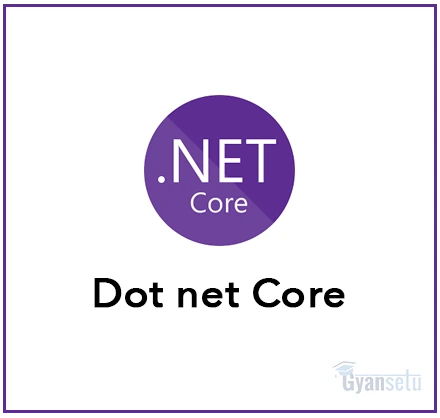
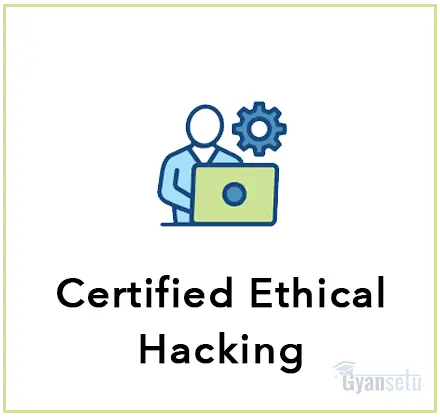

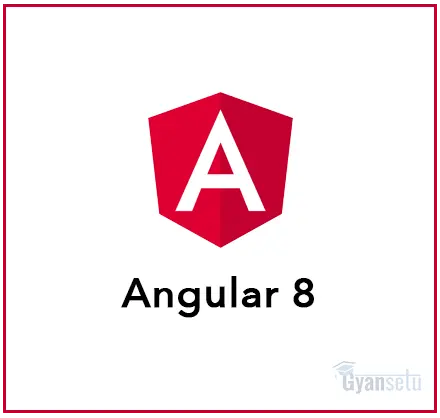
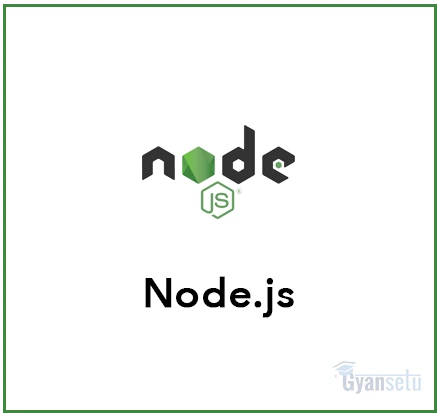
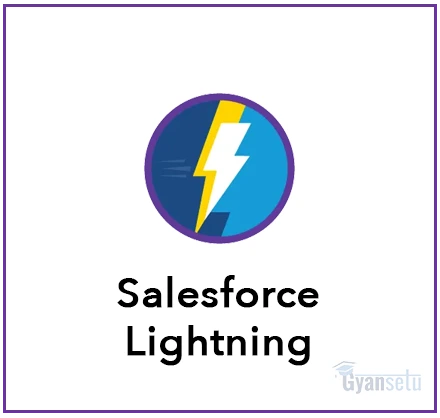
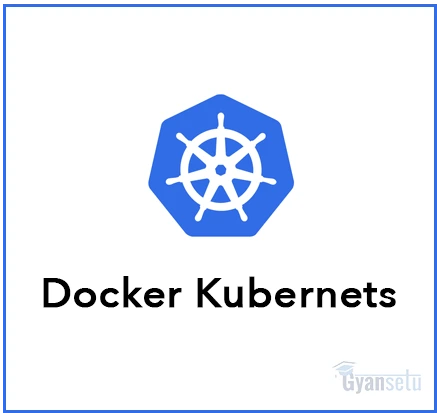
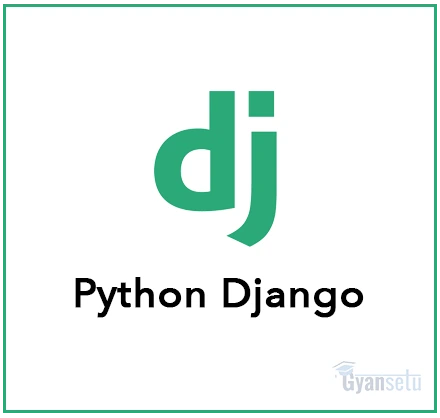
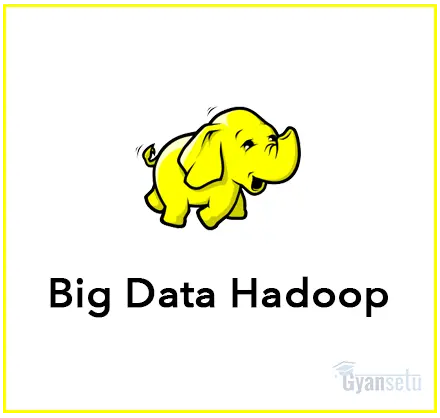
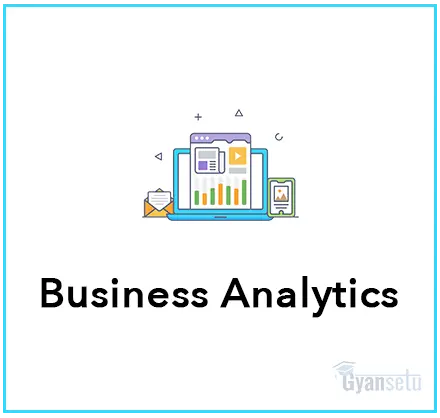
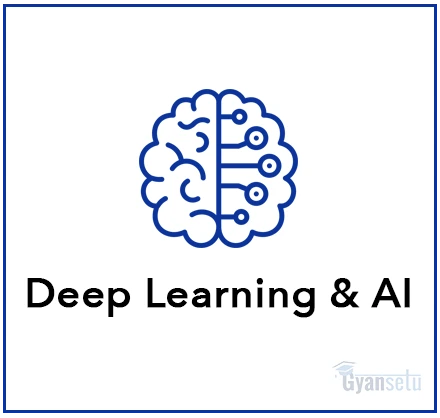
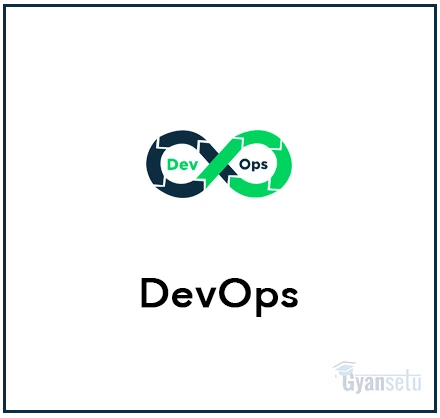
.webp)